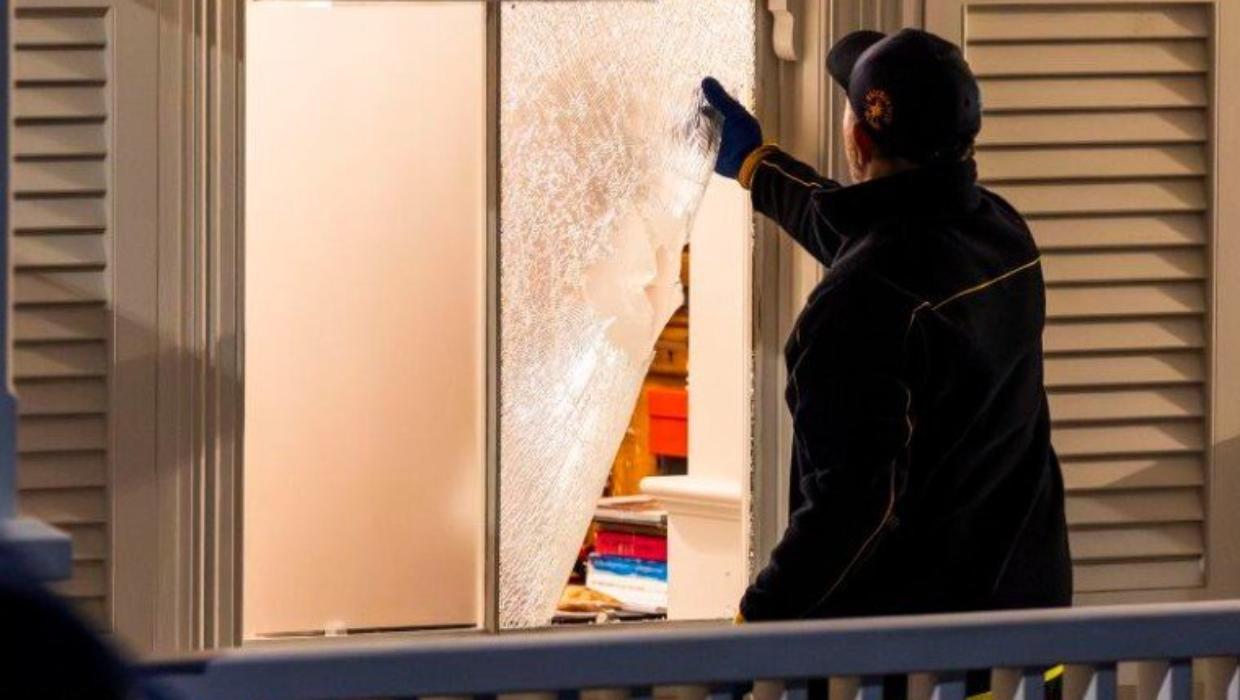Politics
New Zealand Protests Targeted by Proposed Criminalization Law

A proposed law in New Zealand aims to criminalize targeted and disruptive protests outside private homes, sparking significant backlash from community advocates. The legislation could impose fines of up to $2,000 or up to three months of imprisonment for those who engage in such demonstrations.
On March 11, 2024, Neville Williams, a prominent activist with a history of protesting since his youth, presented his concerns to Parliament’s Justice Select Committee. Williams highlighted the potential dangers of the bill, stating, “If we allow protests to be criminalized near homes today, what’s next? Homes, schools, marae?” His statement reflects a growing fear that the legislation might suppress public dissent and stifle democratic engagement.
The government’s proposal follows a recent incident where Foreign Affairs Minister Winston Peters had his window smashed by protesters at his Auckland residence. The bill considers protests “unreasonable” if they are directed at specific individuals outside their homes. Prime Minister Christopher Luxon emphasized that while there are ample opportunities for public protest, demonstrators should avoid disrupting neighbors.
According to the Ministry of Justice, the government’s preferred approach would allow prosecution for individuals knowingly participating in disruptive protests. However, the Ministry also suggested that prosecutions should only occur if protesters ignore police warnings to disperse. Their regulatory impact statement notes that while the government’s option might seem more manageable, it could infringe upon rights outlined in the Bill of Rights Act.
Opposition to the bill has been vocal among various organizations. Gayaal Iddamalgoda, a legal officer at the New Zealand Council of Trade Unions (NZCTU), argued that existing laws regarding protests are sufficient. He stated that protests inherently disrupt and that “mere annoyance at disruptions is not sufficient as a threshold to cancel this right.”
The NZCTU’s national secretary, Melissa Ansell-Bridges, expressed concern that any changes to the law would deter individuals from participating in democratic processes. “Not everyone loves going to protests; they do it because they feel it is an important issue. Those who are uncertain will undoubtedly be affected,” she remarked.
Rights Aotearoa chief executive Paul Thistoll warned that the proposed law risks criminalizing an activity that is already managed under current legislation. He cautioned that vague discretionary offences might disproportionately affect marginalized communities, advocating for a warning system to prevent unnecessary criminal convictions.
As public hearings continue, the debate around the proposed legislation raises critical questions about the balance between public order and the right to protest in New Zealand. Activists and legal experts alike are closely monitoring developments, emphasizing the importance of safeguarding democratic rights amidst increasing government scrutiny of public demonstrations.
-

 Sports2 months ago
Sports2 months agoNetball New Zealand Stands Down Dame Noeline Taurua for Series
-

 Entertainment2 months ago
Entertainment2 months agoTributes Pour In for Lachlan Rofe, Reality Star, Dead at 47
-

 Entertainment3 weeks ago
Entertainment3 weeks agoNew ‘Maverick’ Chaser Joins Beat the Chasers Season Finale
-

 Sports2 months ago
Sports2 months agoSilver Ferns Legend Laura Langman Criticizes Team’s Attitude
-

 Politics4 weeks ago
Politics4 weeks agoNetball NZ Calls for Respect Amid Dame Taurua’s Standoff
-

 Sports22 hours ago
Sports22 hours agoEli Katoa Rushed to Hospital After Sideline Incident During Match
-

 Entertainment2 months ago
Entertainment2 months agoKhloe Kardashian Embraces Innovative Stem Cell Therapy in Mexico
-

 World3 months ago
World3 months agoPolice Arrest Multiple Individuals During Funeral for Zain Taikato-Fox
-

 Sports3 months ago
Sports3 months agoGaël Monfils Set to Defend ASB Classic Title in January 2026
-

 Entertainment1 month ago
Entertainment1 month agoTyson Fury’s Daughter Venezuela Gets Engaged at Birthday Bash
-

 Sports1 month ago
Sports1 month agoHeather McMahan Steps Down as Ryder Cup Host After Controversy
-

 World2 weeks ago
World2 weeks agoSevere Winds Hit New Zealand, Over 100 Flights Canceled


















